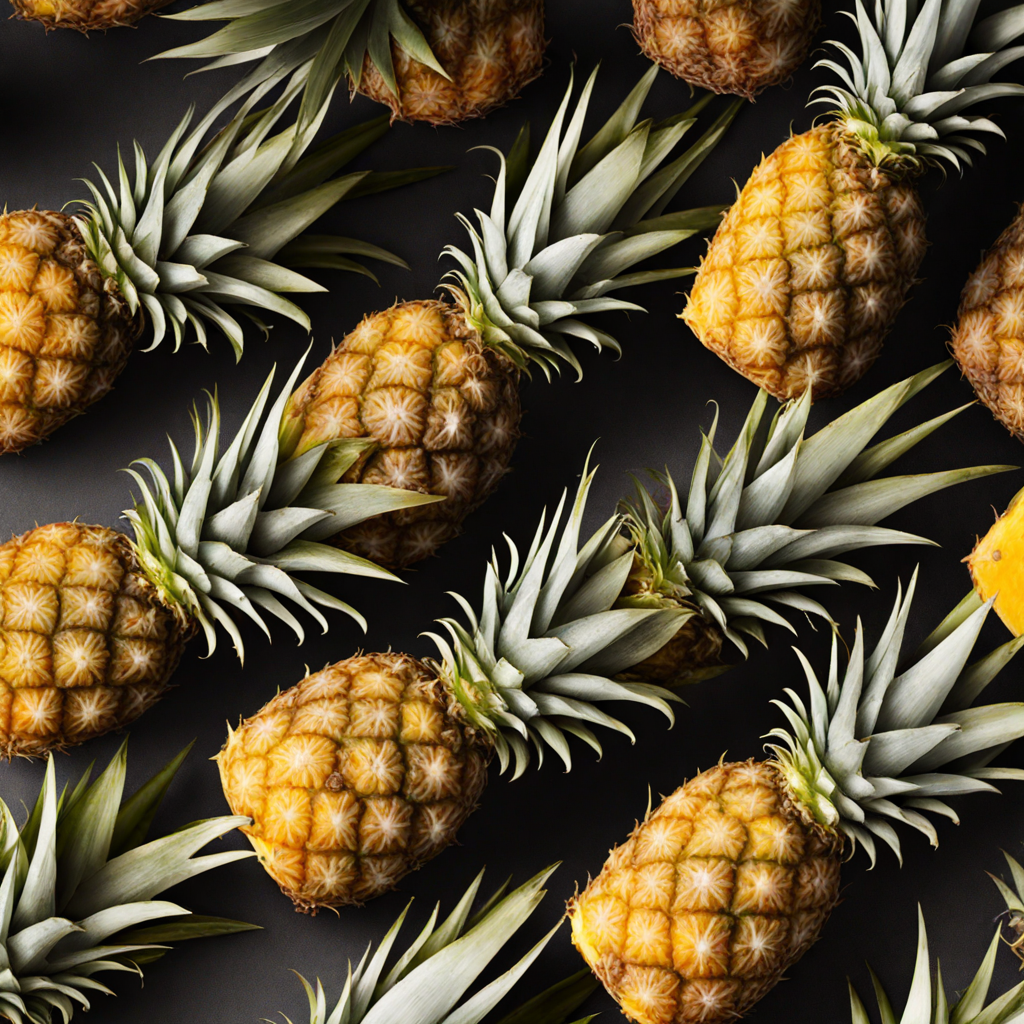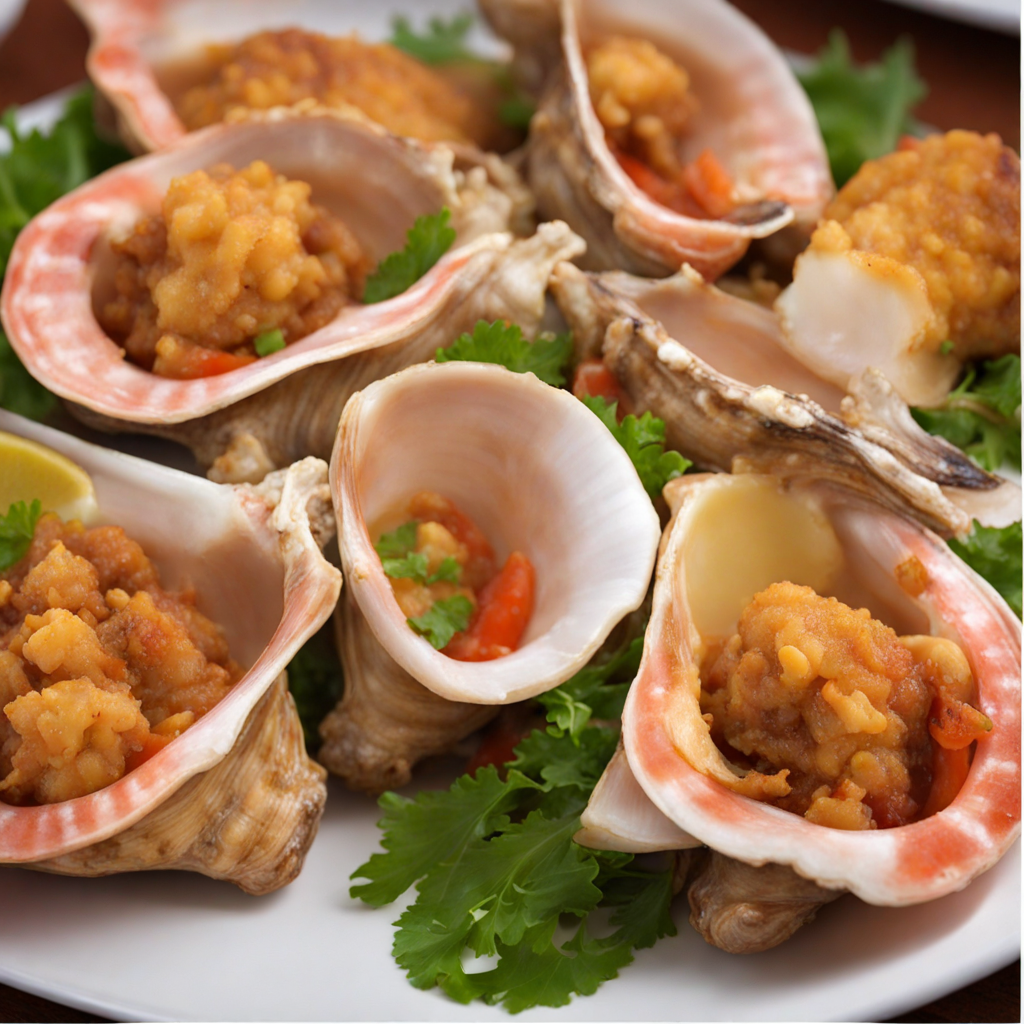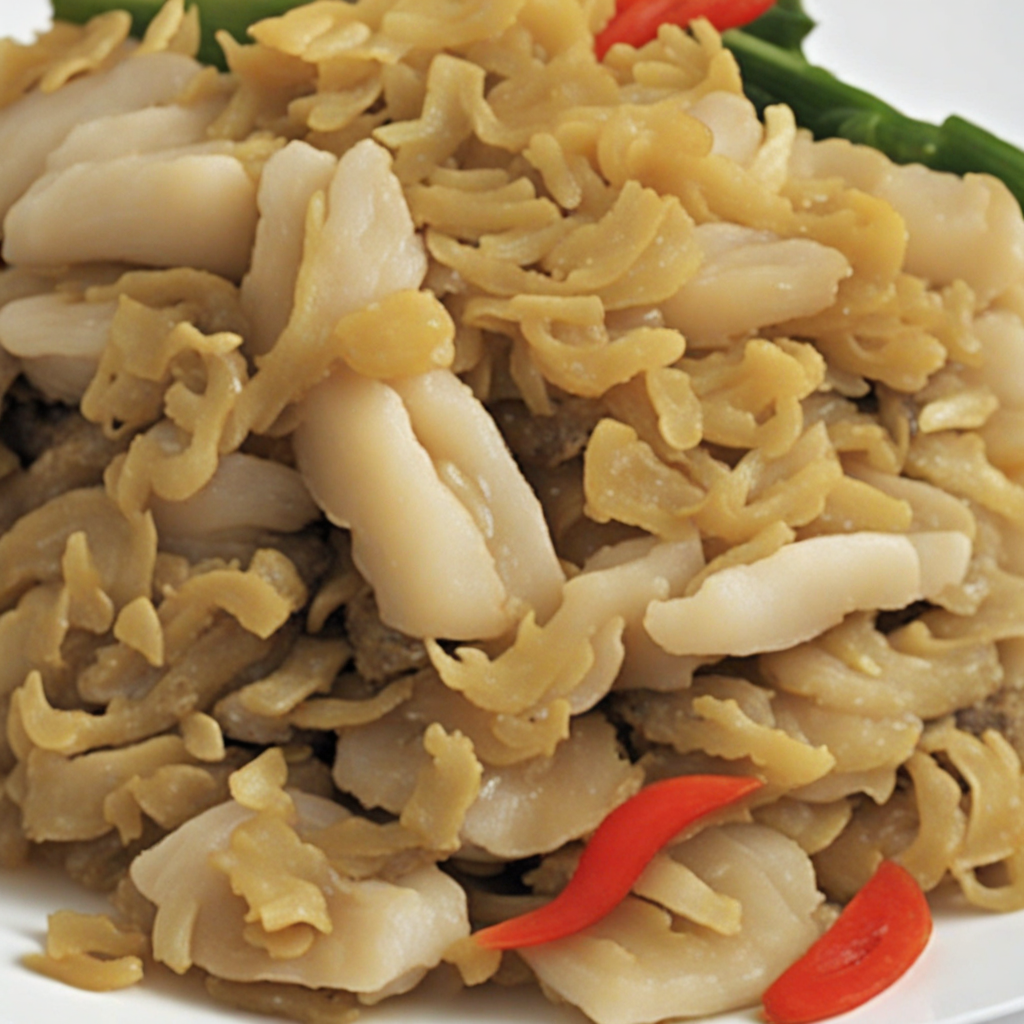Antigua Black Pineapple
Antigua Black Pineapple is a unique tropical fruit that captivates the palate with its rich, complex flavors. This variety of pineapple is distinguished by its dark green to almost black skin, which signals its ripeness and sweetness. Unlike common pineapples, the Antigua Black Pineapple boasts a denser flesh that is both juicy and aromatic, offering a delightful burst of flavor with every bite. The sweetness is balanced with a hint of tartness, creating a refreshing taste that is perfect for tropical desserts or as a complement to savory dishes. When you slice into an Antigua Black Pineapple, you will notice its golden-yellow interior, which is not only visually appealing but also indicative of its high sugar content. The fruit's flesh is incredibly versatile, making it suitable for a variety of culinary applications. Whether you enjoy it fresh, grilled, or blended into smoothies, the nuanced flavor profile of this pineapple elevates any dish. Its natural sweetness can be used to enhance salsas, salads, and even savory marinades, making it a star ingredient in Caribbean cuisine. Beyond its delicious taste, the Antigua Black Pineapple is also a nutritional powerhouse. Packed with vitamins, minerals, and antioxidants, it contributes to a healthy diet while offering a taste of the Caribbean. This exotic fruit not only tantalizes the taste buds but also provides an opportunity to explore the vibrant culinary heritage of Antigua and Barbuda. Whether you are a food enthusiast seeking new flavors or someone looking to expand your fruit repertoire, the Antigua Black Pineapple promises an unforgettable experience.
How It Became This Dish
The Antigua Black Pineapple is a unique and flavorful variety of pineapple that has become synonymous with the twin island nation of Antigua and Barbuda. This distinctive fruit is renowned not only for its exceptional sweetness and rich, aromatic flavor but also for its deep cultural roots and significance within the region's agricultural heritage. The history of the Antigua Black Pineapple is intertwined with the islands' colonial past and the evolution of local farming practices. The origins of the Antigua Black Pineapple can be traced back to the early days of European colonization in the Caribbean. Pineapples were introduced to the region by Christopher Columbus during his exploration in the late 15th century. Originally from South America, the pineapple quickly adapted to the tropical climate of the Caribbean islands. Over time, various strains of the fruit were cultivated, but it was the Antigua Black Pineapple that emerged as a local favorite due to its unique qualities. The Antigua Black Pineapple is characterized by its dark green skin and striking golden-yellow flesh. This variety is smaller than the more commonly known pineapples, but it is celebrated for its exceptionally sweet taste and aromatic fragrance. The fruit's distinct flavor profile has made it a favorite among locals and visitors alike. It is often described as having a complex taste that combines hints of caramel and citrus, making it a sought-after ingredient in various culinary traditions. Historically, the cultivation of the Antigua Black Pineapple played a significant role in the economy of Antigua and Barbuda. During the 18th and 19th centuries, pineapple farming became a major agricultural pursuit, especially on the island of Antigua, where the favorable soil and climate conditions allowed for optimal growth. The fruit was not only consumed locally but also exported to markets in Europe and North America, contributing to the islands' economic development. In addition to its economic importance, the Antigua Black Pineapple holds deep cultural significance for the people of Antigua and Barbuda. It is often associated with celebrations and festive occasions. The fruit is a symbol of hospitality and is frequently offered to guests and visitors as a gesture of goodwill. Pineapples have also found their way into local folklore and traditions, where they are celebrated as a representation of the lush, tropical beauty of the islands. As time progressed, the cultivation of the Antigua Black Pineapple faced challenges. The rise of industrial agriculture and the globalization of food markets led to a decline in traditional farming practices. Many local farmers turned to more commercially viable crops, leaving the Antigua Black Pineapple in danger of becoming a forgotten relic of the past. However, a resurgence in interest in heritage crops and sustainable farming practices has helped revive the cultivation of this unique variety. In recent years, local farmers and agricultural organizations have worked tirelessly to promote the Antigua Black Pineapple and its cultural significance. Initiatives to preserve traditional farming techniques and educate new generations of farmers have emerged. These efforts have not only aimed to protect the biodiversity of the island's agriculture but also to ensure that the Antigua Black Pineapple remains a vital part of the culinary landscape. The Antigua Black Pineapple has also found its way into contemporary cuisine, where chefs are increasingly incorporating it into innovative dishes. From desserts to savory meals, the fruit's versatility has captured the imagination of local and international chefs alike. Its sweetness lends itself well to tropical salads, salsas, and marinades, while its unique flavor enhances both classic and modern recipes. Culinary festivals celebrating local produce have become popular events in Antigua and Barbuda, providing a platform for the Antigua Black Pineapple to shine. These festivals not only showcase the fruit but also promote the rich agricultural heritage of the islands. They serve as a reminder of the importance of local farming and the need to support sustainable practices that benefit both the community and the environment. The global interest in organic and locally sourced foods has also contributed to the revival of the Antigua Black Pineapple. Tourists visiting the islands are increasingly seeking authentic culinary experiences, and the Antigua Black Pineapple has become a sought-after delicacy. Many visitors are eager to taste the fruit fresh from local markets or enjoy it in dishes prepared by talented local chefs. In summary, the history of the Antigua Black Pineapple is a testament to the resilience of local agriculture and the deep cultural connections that exist between food and identity. From its origins during the colonial era to its current status as a cherished symbol of Antiguan culinary heritage, the fruit has endured through challenges and changes. The ongoing efforts to preserve and promote the Antigua Black Pineapple ensure that it will continue to be a vibrant part of the islands' identity for generations to come. As Antigua and Barbuda move forward, the Antigua Black Pineapple stands as a proud emblem of the islands’ agricultural legacy, capturing the essence of tropical flavors and the spirit of community. It is a reminder of the importance of honoring traditional food practices while embracing innovation in the culinary arts. The fruit's journey from its historical roots to contemporary kitchens reflects the broader narrative of the Caribbean's rich gastronomic culture, inviting all to savor its sweet taste and vibrant history.
You may like
Discover local flavors from Antigua And Barbuda







